photos by Lois Rose






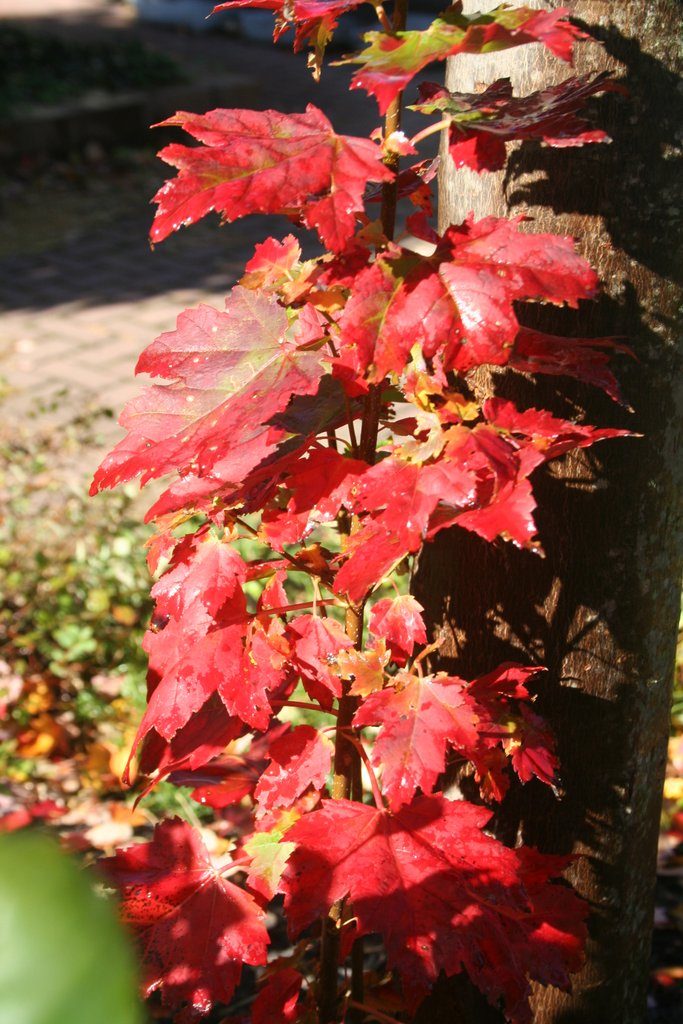



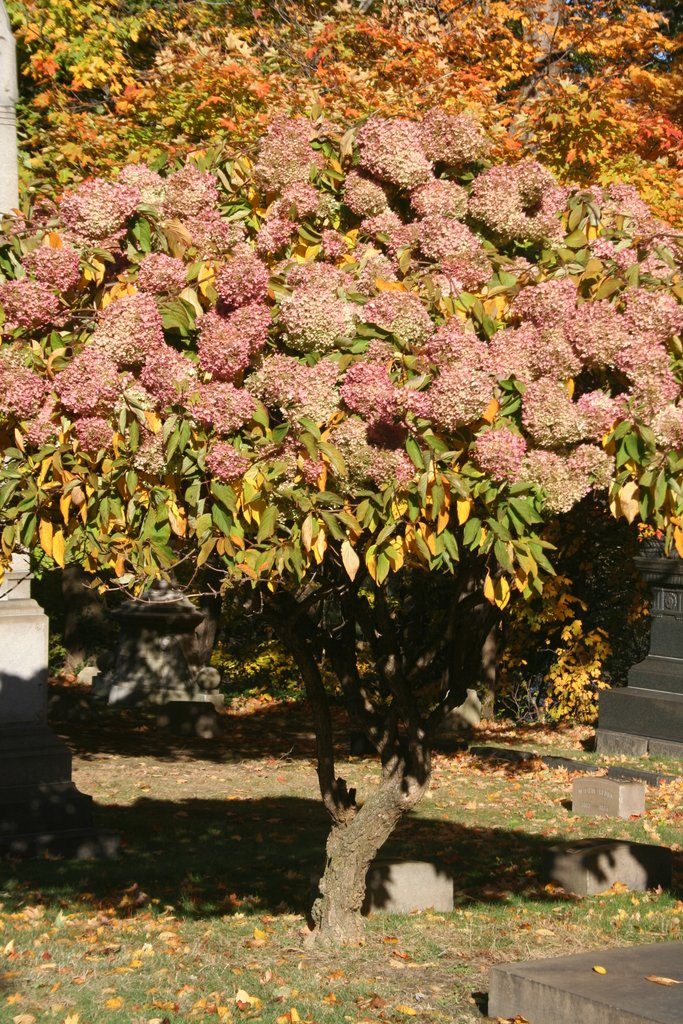
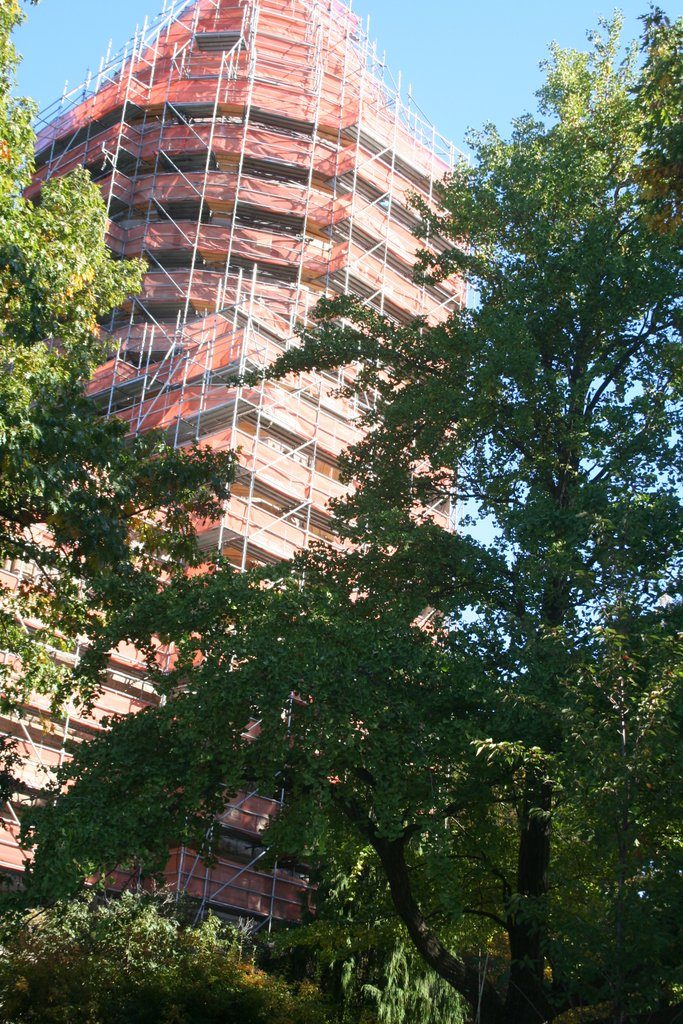




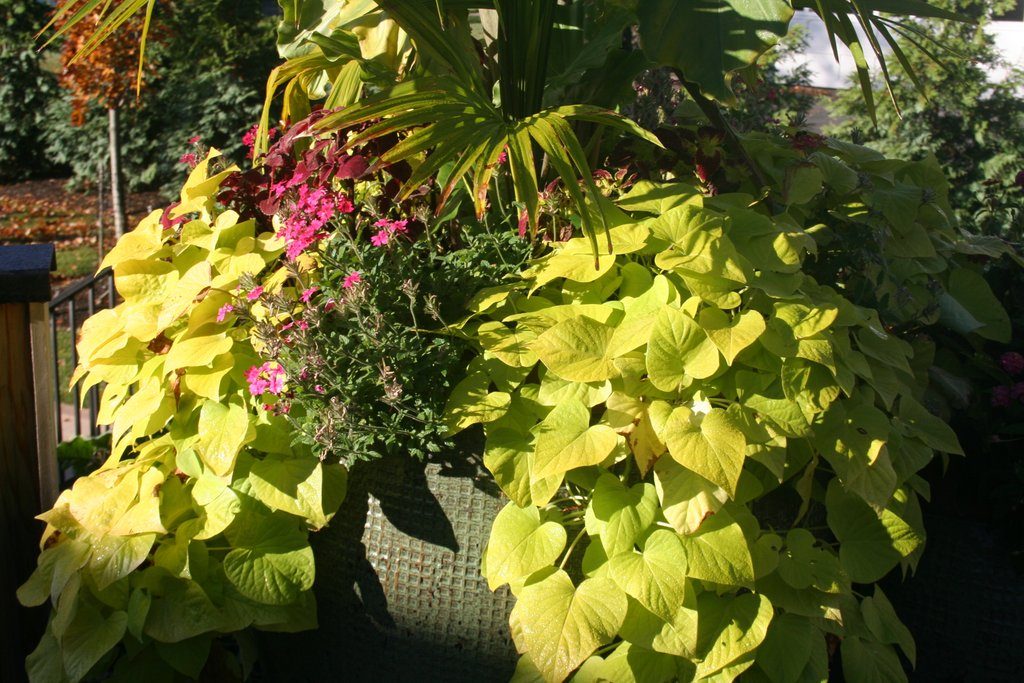







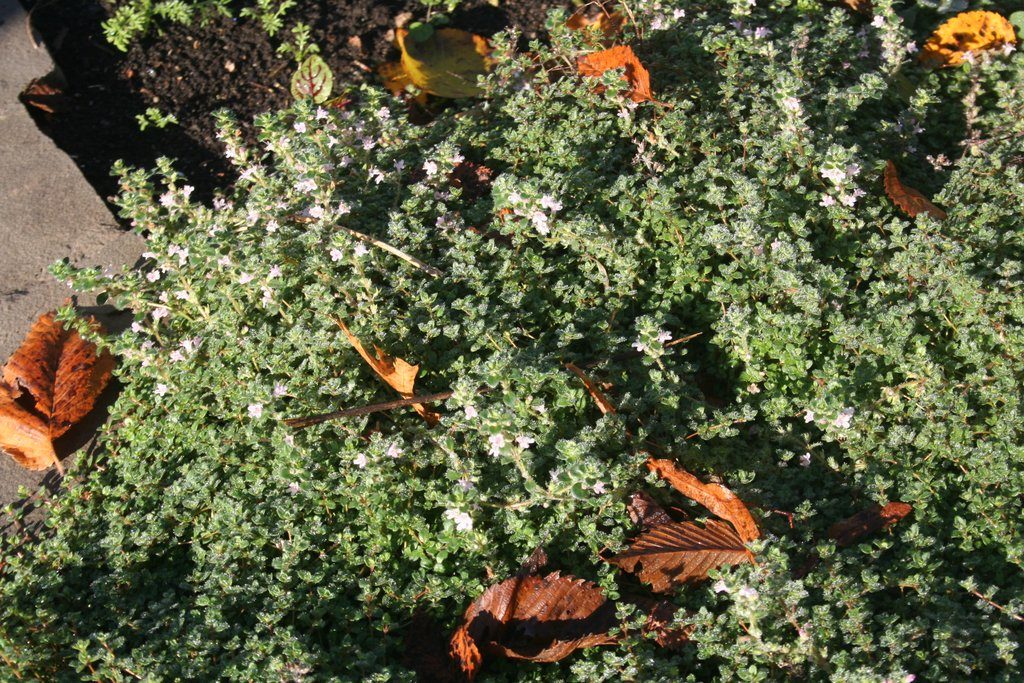
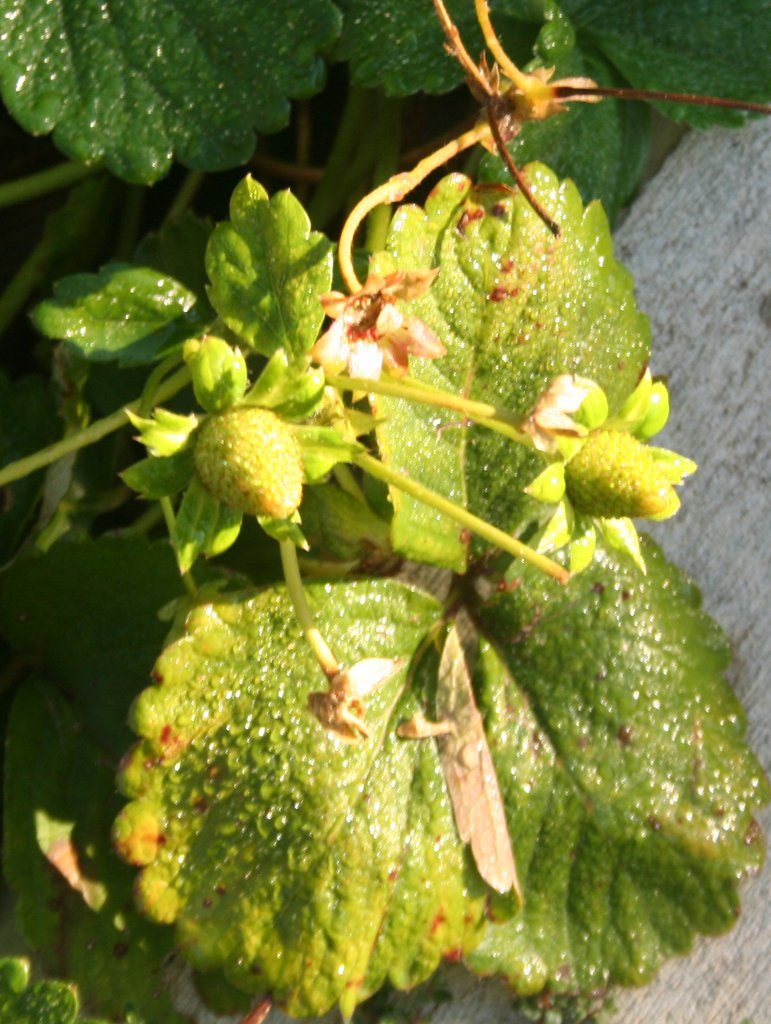



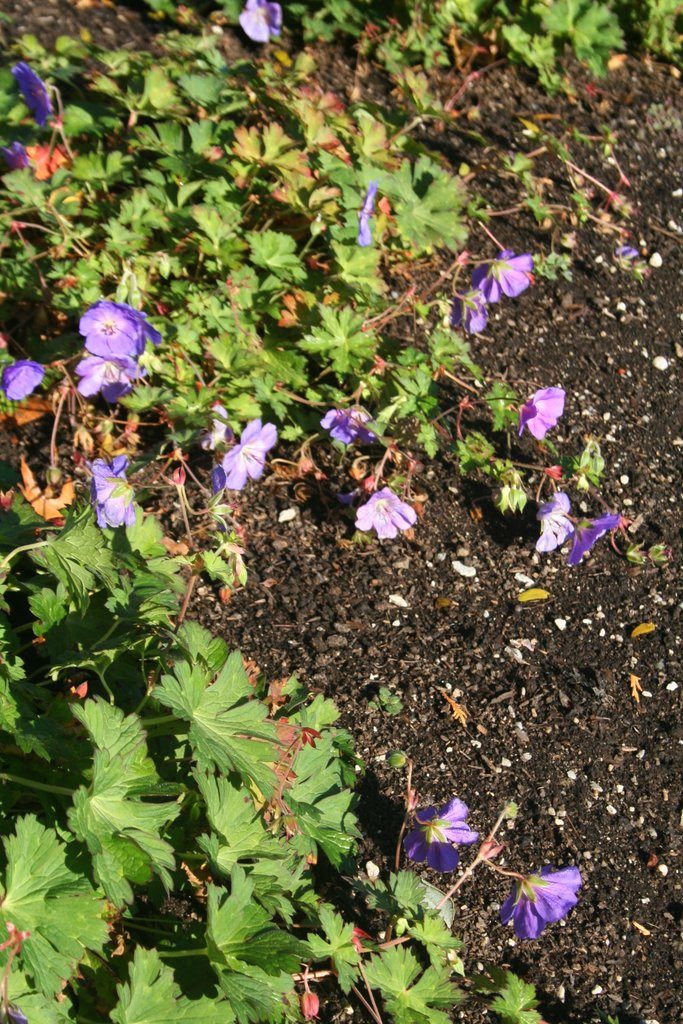

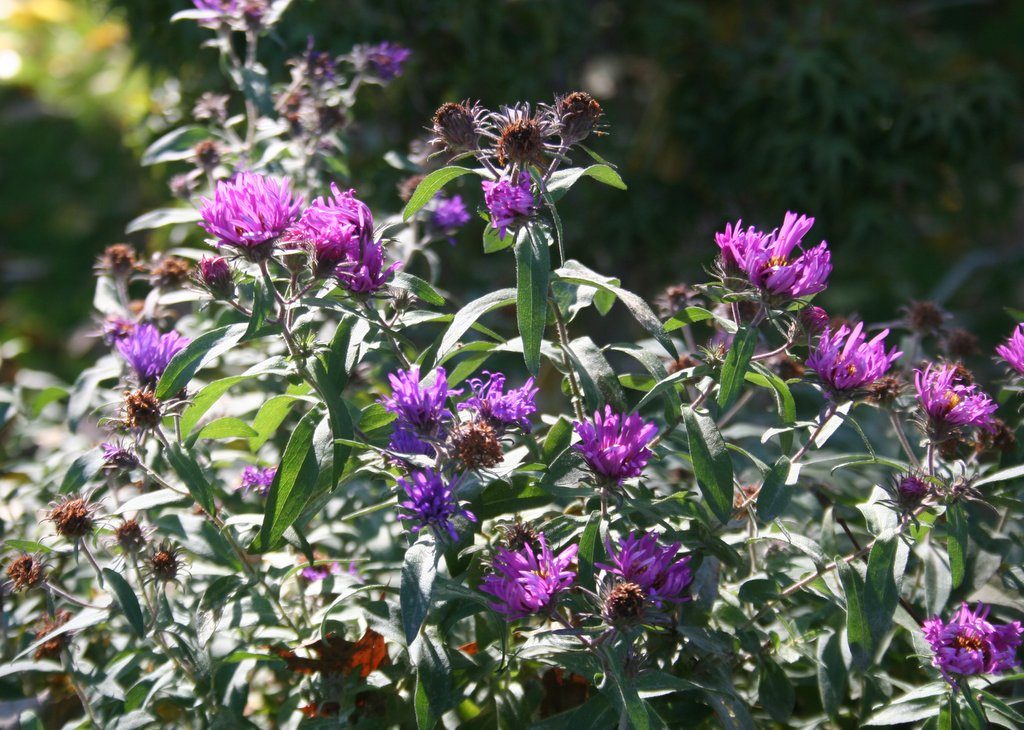

photos by Lois Rose

































by Elsa Johnson
A decade ago, in 2009, I attended the first of what was planned to be ten of such forums/summits, one per year, held in Cleveland’s historic Public Auditorium. On October 16, 2019, I attended the last of these forums. And in between? I fell victim to acute avoidance syndrome. Confession: I’ve been a skeptic about whether these kinds of events are meaningful exercises.
But I’m glad to have gone to this last summit, titled The Year of People. (View the official recap here.)
In our present political climate, with so many of those in power nationally, and globally, all but declaring war on environmental science and busily pushing environmental rollbacks of crucial legislation and regulations, it’s refreshing, even hopeful, to learn that Cleveland is one of five international cities named for leadership for its sustainability plan. In a situation where intended failure and deregulation at the national level must be countered at the state level, and/or the city level, it seems Cleveland has been quietly rising to the challenge. A lot has changed since the Cuyahoga River last burned fifty years ago, on June 22, 1969…. (and never since) … (and is now designated officially a Water Trail) … (and yes, you can safely eat the fish that come out of it) … (and no, now you won’t die from industrial contamination if you fall in).
But back to the subject at hand. This Summit asked this question: Are we functioning in a way that is best for all the people? Are we achieving the environmental justice and economic equity that must be at the core of sustainability? The answer is obviously mixed (ten years is not a long time for the ship that is government, which Obama noted in 2008, moves oh-so-slowly, to turn) … but the list of cool stuff happening in Cleveland is long: community gardens/urban hydroponic greenhouse/Rid-All – supplying local food in the urban food desert ; Green Corp/Cleveland Community Canopy Program — planting trees (one of the most important things we can do — did you know that Cleveland has lost half of its tree canopy in the last 50 years?); Upcycle (turning throw-away stuff into new stuff you can use); Bike Cleveland – scooters and bikes for public use; advances in renewable energy (now at 13%); the new Children’s Museum 100% LED … and that’s not half of it. Accomplishments.
All this was the lead up to the morning speakers. The first two were of particular interest to this attendee.
Nik Engineer (The Ellen Macarthur Foundation) led. His topic was The Circular Economy, which he set against the linear economy, giving as an example the lightbulb manufacturers “cartel”, who met in 1920 and redesigned lightbulbs to perform worse. Yep, you read that right. The bulb burned up faster and then you threw it away. They designed in obsolescence, a hallmark of the linear economy. Another example is plastics. By 2050, says Nik Engineer, there will be more plastic in the oceans than fish. (Reminder – Cuyahoga County is enacting a plastic bag ban: plan accordingly) (why can’t I remember to actually take my recyclable grocery bags into the store?}
The circular economy designs things to work better. In a circular economy, theoretically, everyone prospers, and damage to the environment is limited (ideally…. parentheses my own). Imagine a circle. At top left put regenerate natural systems for positive effect. At top right put design out waste and pollution. At the bottom of the circle put keeping product materials in use. It seems to me both the linear economy and the circular economy assume unending economic growth, but clearly circular is better because it does less harm, leaves less waste. As the child of depression era socialists, I have reservations about capitalism’s theoretically unending growth, whether linear or circular. Quite possibly you, and my fellow Gardenopolis Cleveland readers/writers/editors, have other opinions.
Engineer was followed by Michael Waas, of Terracycle, a for profit global company that collects and repurposes difficult-to-recycle waste. This was such a good follow-up to the Circular Economy, as the very first thing Waas mentioned was that waste does not exist in nature; output and input are circular. But oil, via the products made out of it, changes that. They are extremely convenient, but they are undisposable, and thus are the largest component of linear economy waste. Only burial or burning gets ‘rid’ of plastics; both with unacceptable consequences.
Upcycling takes them and makes other products, preferably with direct community involvement. The example he gave was ‘the milkman model’ : the product (the bottle) is an asset to the milkman in and of itself. …as opposed to the ubiquitous single use plastics (that are filling up the seas), which are valuable to no one once they’ve been used and pitched. Waas acknowledges that scaling a circular economy is hugely challenging. There are no easy solutions to finding a balance (plastic waste vs. benefits of plastic), and the extractive industries essentially don’t fit into the circular economy. Note that word: essentially.
Other speakers followed (Dr. Richard Zinke, on inequity reduction; India Birdsong on transportation; Michael Shank on communication/conflict resolution) but these were the two who spoke to me.
The afternoon was devoted to breakout groups addressing many finely tuned issues.
This summit gave me perspective and hope. I remembered working for a planning and architecture firm downtown, in 1985, right out of graduate school (landscape architecture), driving the desolate decaying mid-town corridor, collecting data for a study, trying to envision a future for it.
It’s no longer desolate.
View the culmination video below:

Gardenopolis Cleveland’s editors are looking forward to tomorrow’s event: Sustainable Cleveland’s 2019 Summit. Every year, 500+ community and business leaders, government officials, students, and residents work together to help transform Cleveland into a “green city on a blue lake.”
Sustainable Cleveland launched in 2009, and on Wednesday they will celebrate 10 years of progress and build their future.
The one-day Summit at Cleveland Public Auditorium will start at 8am and last until 5pm, followed by an evening reception. The Summit will include remarks from Mayor Frank Jackson, keynote presentations, recognition and awards, facilitated discussions on key priorities going forward, and much more. Sustainable Cleveland will:
We hope to see you there!